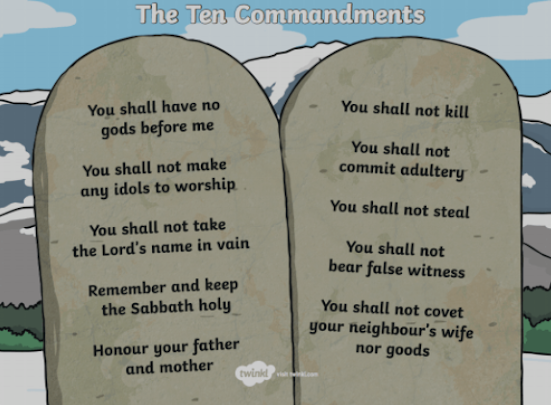Civil right suspension
By ChatGPT
During the American Revolutionary War, which led to the United States gaining its independence from Britain, there were instances of civil rights being suspended or restricted in various ways. This was primarily due to the extraordinary circumstances of war, with both the British and American revolutionary authorities taking measures they deemed necessary for their respective causes. Some of the key ways in which civil rights were affected during this period include:
1. **Habeas Corpus Suspensions:** Both the British and American governments suspended habeas corpus, a legal principle that protects individuals from being detained without a fair trial. In 1774, the Continental Congress suspended the writ of habeas corpus for those accused of being loyalists or "enemies of the American cause." The British government also suspended habeas corpus in some American cities during the war to suppress rebellious activities.
2. **Property Confiscations:** During the war, both sides confiscated property belonging to individuals who were seen as supporting the opposing side. This was often done without due process, and many loyalists who had their property seized by American authorities faced significant losses.
3. **Press Censorship:** The American revolutionary authorities occasionally censored or controlled the press to prevent the publication of information that could be detrimental to the revolutionary cause. This was done to maintain secrecy and control the narrative of the war.
4. **Curfews and Restrictions on Movement:** In some areas, both American and British authorities imposed curfews and restricted the movement of individuals to maintain control over the population and prevent espionage or sabotage.
5. **Confiscation Acts:** Various American states passed "confiscation acts" that targeted loyalists, allowing for the seizure of their property and assets as punishment for their support of the British Crown.
6. **Tory Exile:** Loyalists, also known as Tories, often faced persecution, harassment, or even exile from their communities. Some fled to Canada or other British-controlled territories to escape reprisals.
It's important to note that the extent to which civil rights were suspended or restricted during the American Revolutionary War varied by region and over time. The intensity of these measures often depended on the local circumstances and the specific actions of both the colonial and British authorities. After the war, the United States established a framework for civil rights and liberties, which is enshrined in the U.S. Constitution and the Bill of Rights, to ensure the protection of individual freedoms and liberties.




Comments
Post a Comment